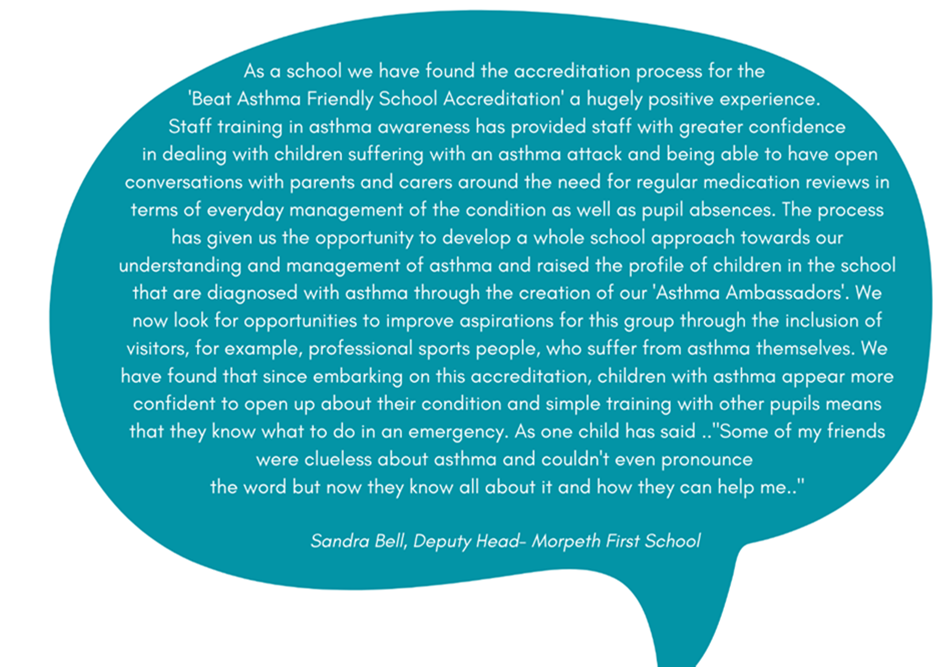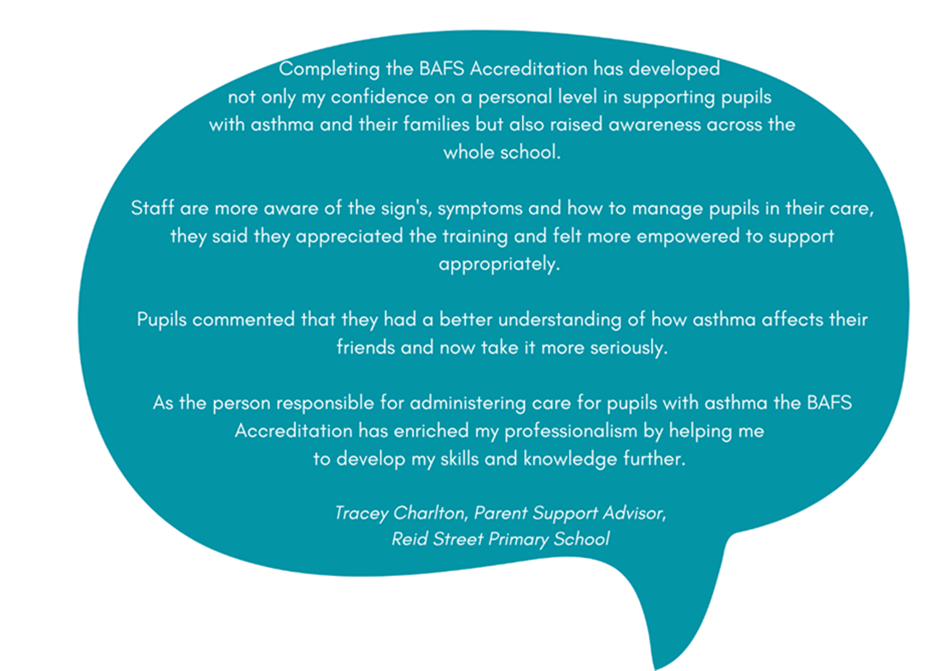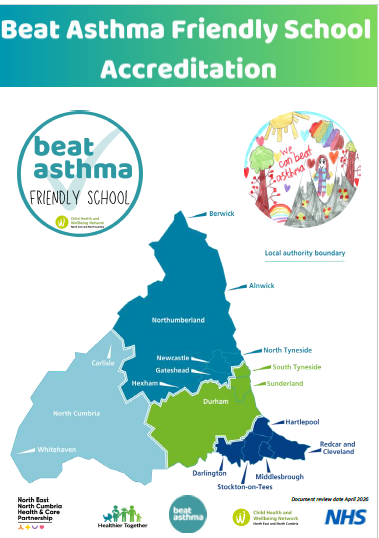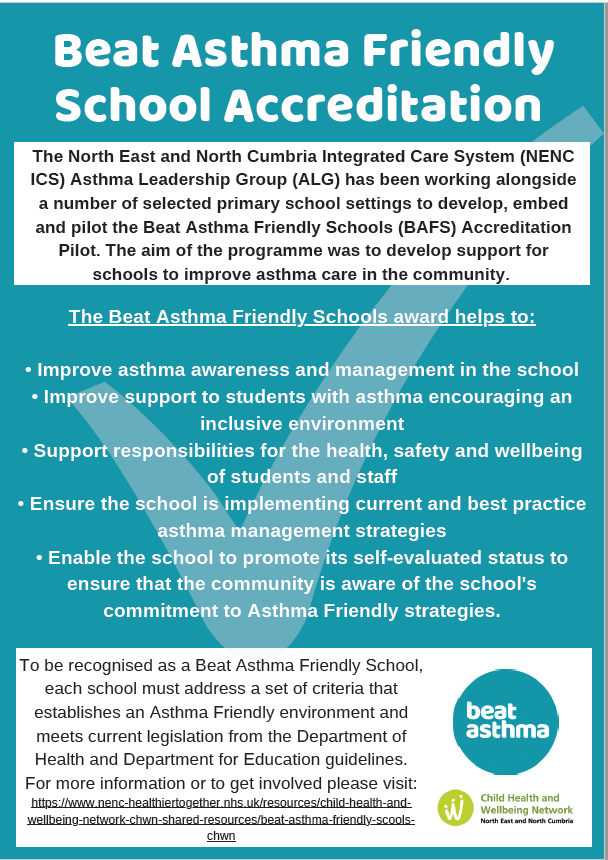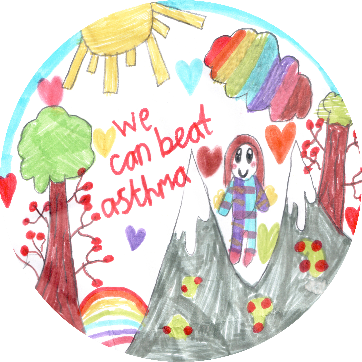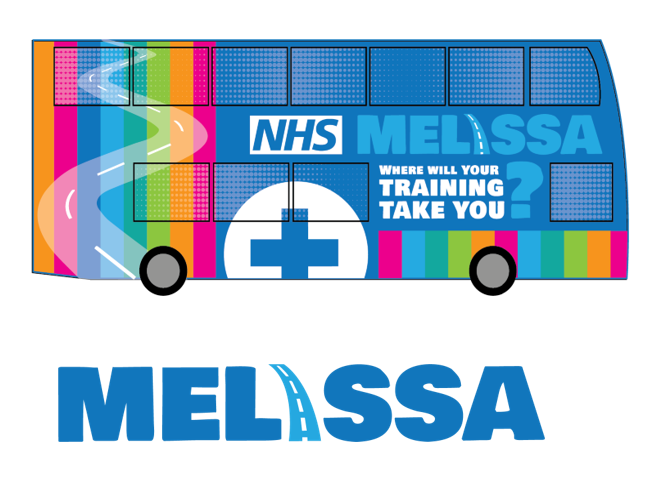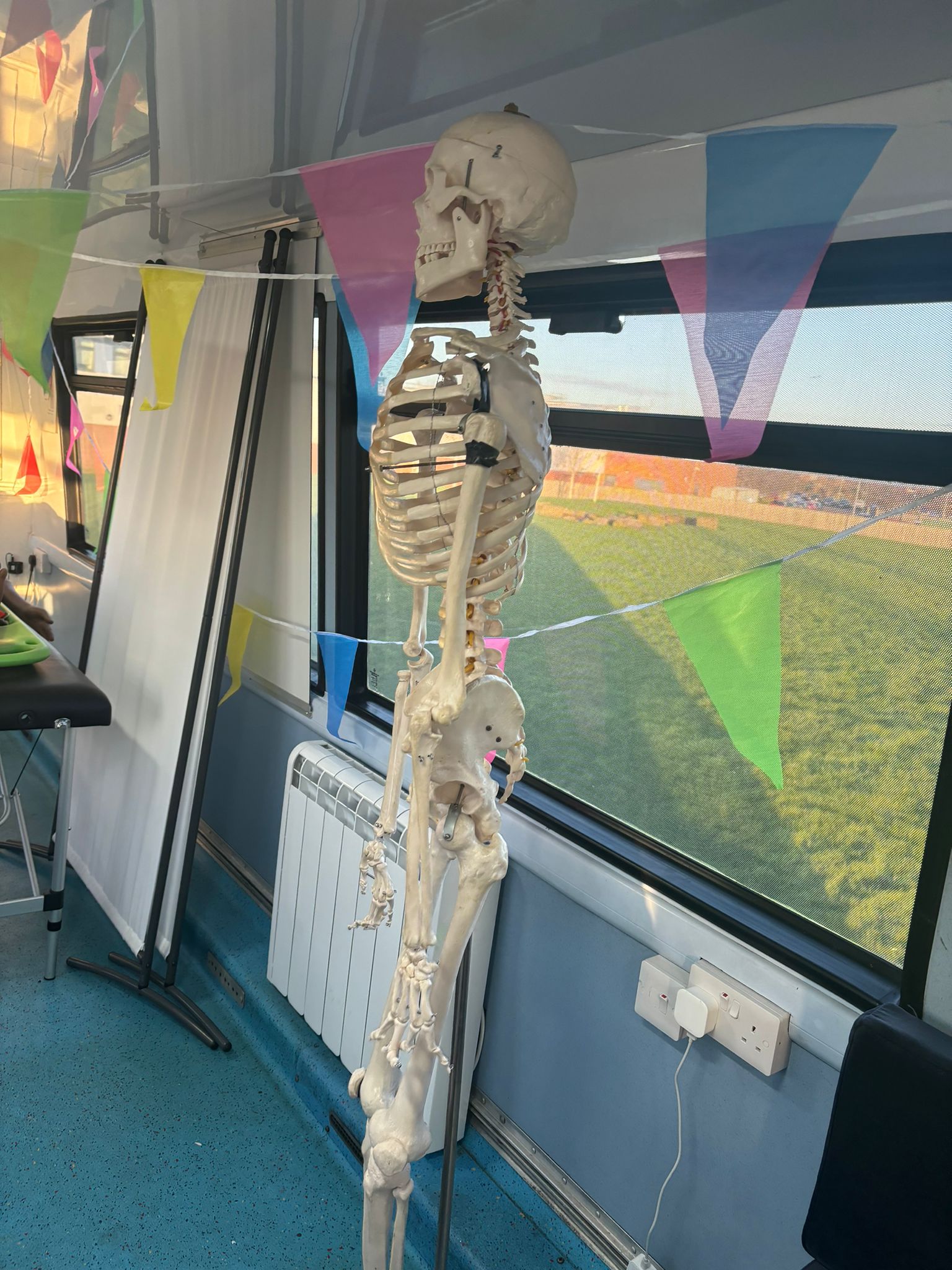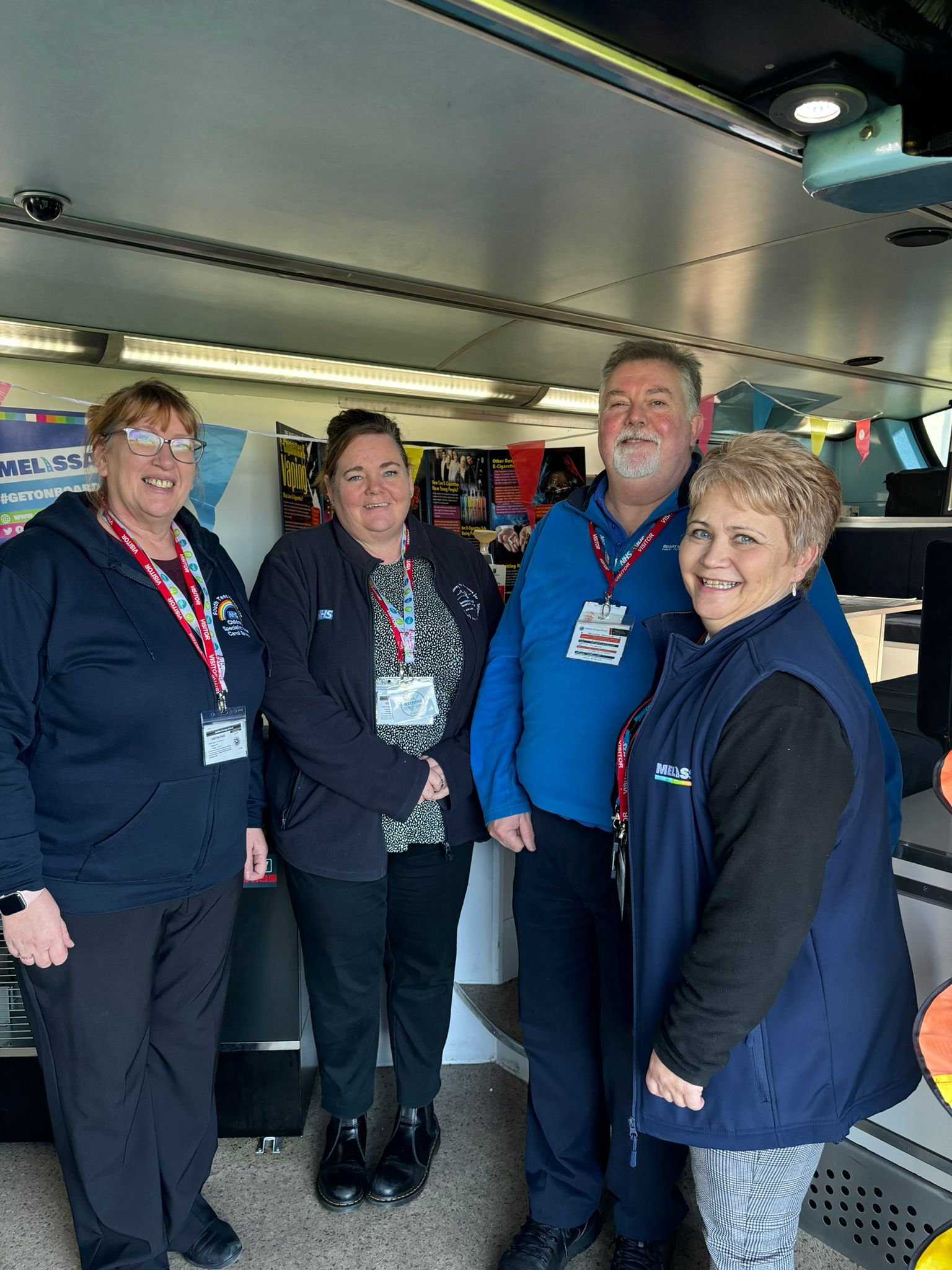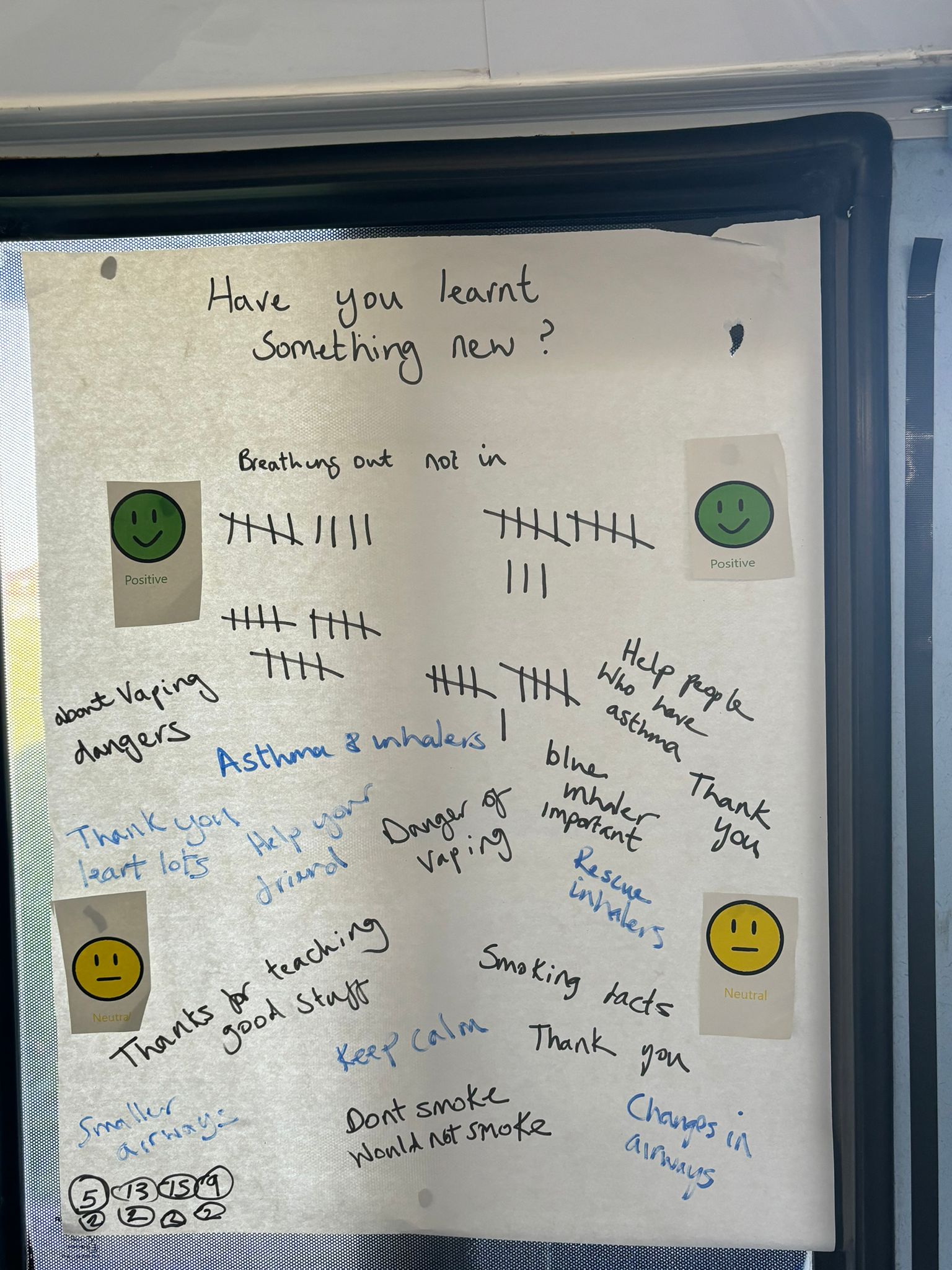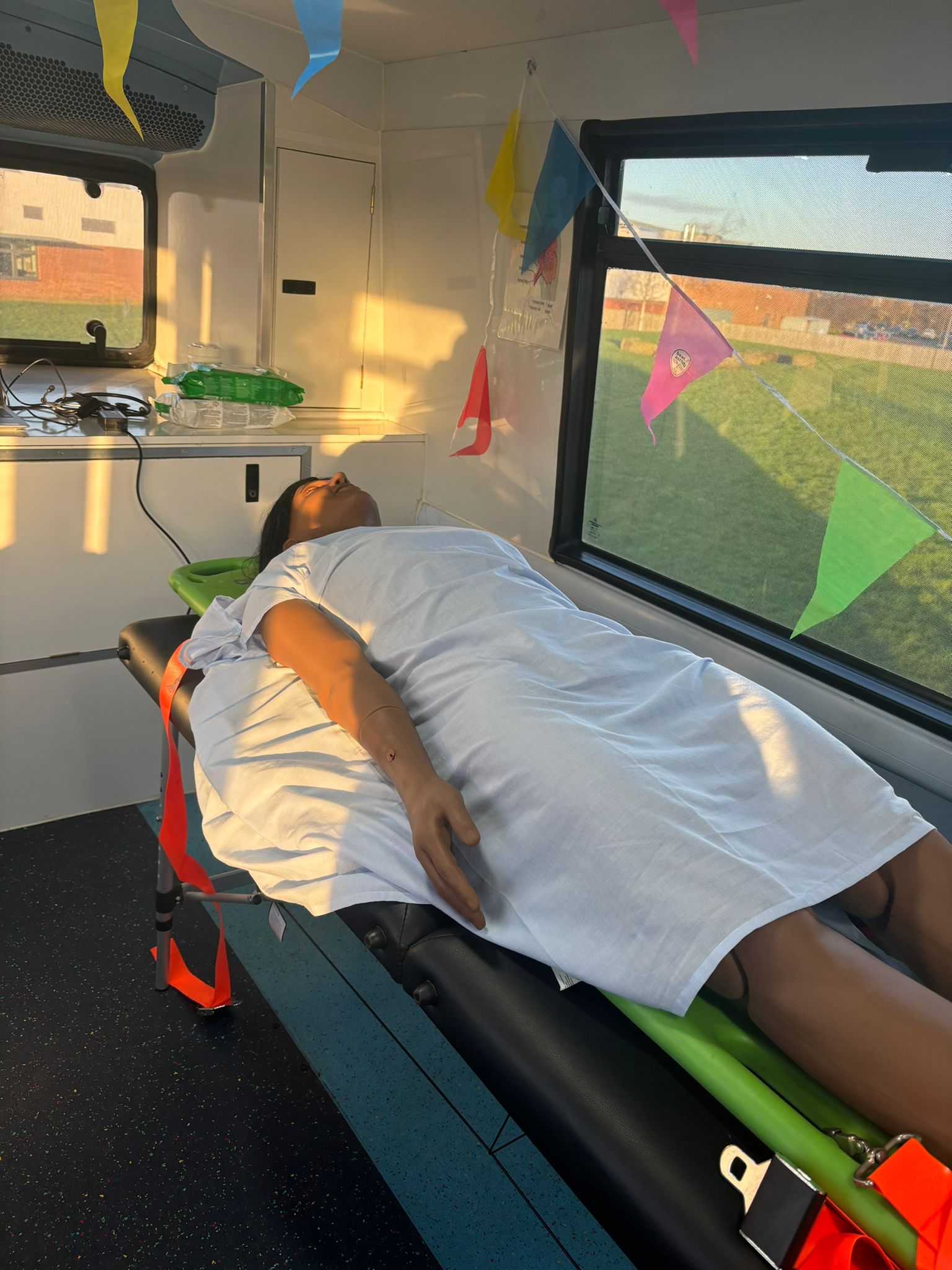As part of this development work, the ALG, with partners have developed a set of resources to support primary school settings to become BAFS Accredited. These resources are adaptable for use in secondary and further education settings also all resources will be available in due course.
As part of the toolkit there is a freely available, downloadable implementation pack that contains a host of information and guidance as well as some template resources for adoption/adaptation to meet local requirements.
We are currently in the process of defining the arrangements for sustainable roll out to primary school settings but the expectation would be that schools will be able to freely access the resources to implement policy and processes locally with the opportunity to have evidence validated either remotely or in person at centralised hubs in each of the localities (frequency, location and timetable to be confirmed) to validate completed checklists and supporting evidence to demonstrate achievement of BAFS standards.
We have developed a flow chart to explain the process:
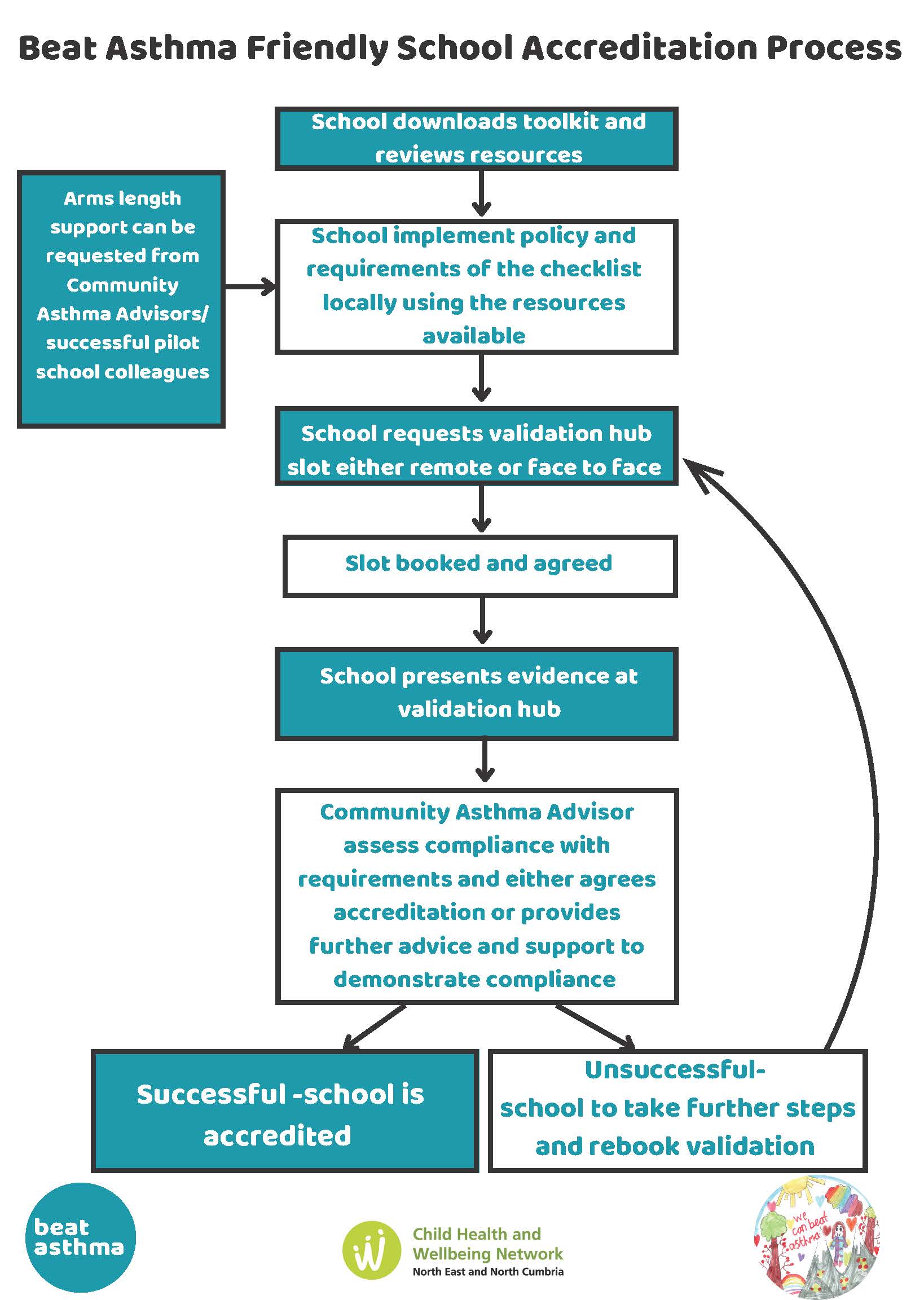
Currently the following dates have been identified for validation hub opportunities, some venues/locations have yet to be confirmed.
11th December 2023
9th February 2024 to be hosted at Tanfield School, Tanfield Lea Road, Stanley, County Durham, DH9 8AY
18th March 2024
29th April 2024
17th June 2024 to be hosted at the Mo Mowlam Academy, Tennyson Avenue, Middlesbrough, TS6 7NP
Please book your slot by contacting stees.chwnbafs@nhs.net





